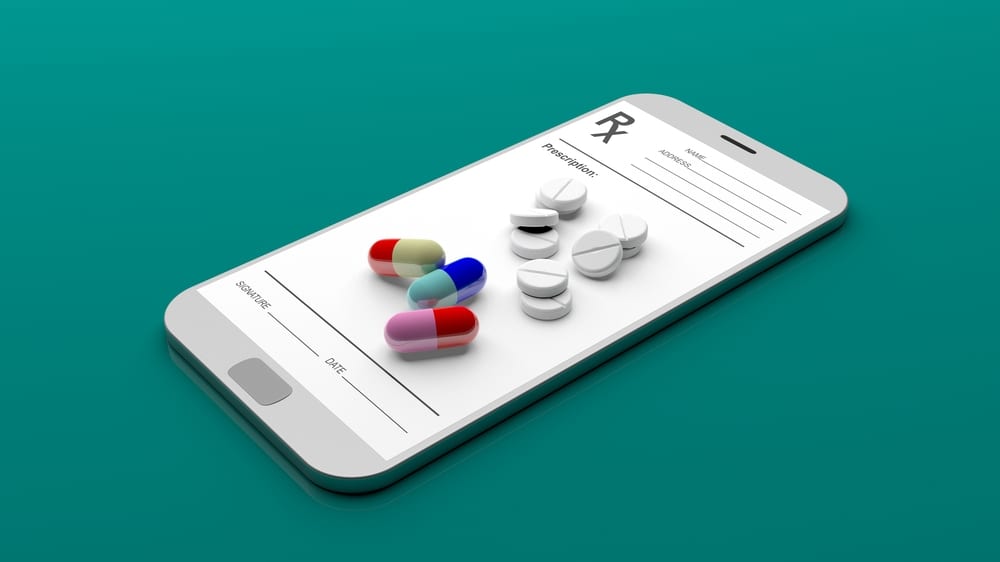hidden
Over 10 years experience of Traceability Solutions

By pharmatrax
Category: Technoloy
 No Comments
No Comments
ATMs For Medicine? That’s One Way Pharmacies Are Going Digital
Pharmacies and the delivery of prescription medication are both undergoing significant change, and much of the credit for that can be directly or indirectly attributed to the rise of eCommerce and digital payments.
The latest development?
The deployment in South Africa of what some observers are calling ATMs for medicine.
A recent report from the Financial Times offers one of the better descriptions of the project, meant to ease certain pressures on the South African healthcare system and provide more options for consumers to get the medication they need without having to take too much time off work or waste time traveling to, and waiting inside, doctors’ offices. More specifically, the machines, or what can reasonably be described as self-service pharmacies, also could “give patients with chronic illnesses such as HIV, hypertension and diabetes easier access to medication.” South Africa has the highest number of people with HIV of any country.
Officially, the ATM-like machines are called Pharmacy Dispensing Units. They cost about $159,000 each are being funded by the U.S. Agency for International Development and other global organizations.
Machine Use
To use such a machine, a patient must secure a prescription from a doctor, and then scan at the machine a barcode or pharmacy card, according to the report. The machines have Skype-like capabilities, and that enables patients to consult with pharmacists before receiving their medications. “The units then use robotic technology to label and dispense the medication, and a follow-up appointment is confirmed by receipt,” the report said, adding that the process can take about three minutes, as opposed to to hours for other medication-fulfillment processes.
The systems relies on SMS text message to remind patients that their medications are due for refills — and those text messages can also serve as collections reminders for patients who are behind on their pharmacy bills. It’s not exactly clear how the early deployment of those machines are impacting pharmacy payments in South Africa, though.
But payments and fulfillment are not the only appeal of these machines, according to the report. They could help bring more digital efficiencies to the country’s healthcare system. “Proponents of the PDUs say the data they collect provides analytical insights that current medical records — mostly still on paper — in South Africa’s public healthcare system cannot provide,” the newspaper said.
Mobile Healthcare
Increasingly, health and health payments experts are looking to mobile technology in general to improve healthcare throughout Africa. Africa has relatively low rates of health insurance, and the amount spent on healthcare in the continent is also low. But mobile payments are emerging as a promising candidate to help reverse such trends, especially when it comes to low-income consumers. Mobile could form the foundation upon which any lasting improvement in healthcare via digital technology would be built.
Specifically, mobile money accounts could help achieve that goal, according to recent analysis from global health experts in SciDevNet. Mobile money enables consumers to send, receive and store virtual money via their mobile devices. Consumers in Africa already use mobile money to pay utility bills and other services and items, and to receive remittances, providing increased household cash flow. In fact, sub-Saharan Africa accounts for 49 percent of all mobile money accounts globally, with use especially high in eastern Africa, a region that includes Kenya, Uganda, Rwanda and Tanzania.
Other Pharmacy Moves
And when it comes to pharmacy services in general, shifts are happening that reflect consumer demands influenced by eCommerce, especially in the delivery of products. Consider Amazon, perhaps the prime ongoing example. It recently chose a 14-year company veteran to head up its new pharmacy business. Citing an internal company document, CNBC reported that Nader Kabbani is now “vice president of consumables, special projects.” Employees in the unit reporting to Kabbani include the team at PillPack, which Amazon acquired for more than $800 million in June 2018.
Further proof of those shifts come from recent funding announcements. One example is Alto Pharmacy, a startup that has raised $50 million in venture funding. Alto Pharmacy is among a handful of online pharmacy startups offering same-day prescription deliveries as well as other services including medication management apps.
No matter the continent or the specific socio-economic or healthcare realities, mobile tech and the lessons learned from eCommerce are helping to change the global pharmacy game.
Source: https://www.pymnts.com/healthcare/2019/digital-prescription-mobile-south-africa/



